Nurses in the US go through a process before obtaining their license to practice their profession in the said country. Although, before they are granted their licenses, they must meet the requirements of a state’s statutes and rules. Hence, a regulatory body is responsible for overseeing this process and issuing nurse licenses.
What is a Board of Nursing?
The state Board of Nursing (BON) is a governmental entity responsible for providing and ensuring safe nursing practice to the public. Moreover, BONs in the US are there to protect the public from unethical and incompetent nursing practices. In addition, the BON establishes safe nursing standards and issues nurse licenses.
BONs are established across all 50 states, including the District of Columbia and four of its territories —American Samoa, Guam, the Northern Mariana Islands, and the Virgin Islands. Furthermore, all BONs mentioned are National Council of State Boards of Nursing, Inc. (NCSBN) members.
BON Responsibilities
While there are general responsibilities each state board similarly shares, there are certainly instances they differ, depending on each state. Below are the standard functions and duties of every Board of Nursing.
• Evaluates Licensure Applications – The BON reviews all information on initial license applications submitted to them by nursing program graduates and internationally educated nurses. In addition, they also review endorsements from nurses licensed in other states.
• Issuing Licenses – They give initial licensure and licensure by endorsement only when they deem the applicant has submitted and met all licensure requirements. Each state’s statutes and rules set the licensure requirements.
• Carry out Disciplinary Actions – The state Board of Nursing can take action against individuals violating laws and rules in their jurisdiction. Violations can result in the suspension of one’s license, reprimand, probation, limitation or restriction of the practice, and license cancellation.
BONs take these disciplinary actions when a nurse’s behavior puts the general public at risk of harm. Behaviors include unprofessional conduct, unethical practice, incompetence, and criminal conviction.
• Renewing License – BONs are responsible for establishing license renewal procedures. Renewal procedures can vary from state to state.
The Nurse Practice Act (NPA)
The NPA defines the scope of the nursing practice and sets licensure requirements in a state’s jurisdiction. BONs authorize the implementation of the NPA by establishing rules and regulations that further define licensure qualifications and the scope of the nurse practice. Below are the standard functions of the NPA:
1. Determines a BON’s authority, composition, and powers;
2. Defines nursing and the nursing practice scope boundaries;
3. Identifies license and title types;
4. States licensure requirements;
5. Establishes standards for educational programs;
6. Protects titles; and
7. Determines the basis for disciplinary action on violations and their possible resolutions.
BON Administrative Rules/Regulations
A BON’s most crucial authority is its power to develop administrative rules that clarify and make statutes specific. The rules/regulations should align with the NPA and not go beyond the law. Furthermore, once established, they must have the force and effect of law.
Before any rules promulgation, there will be an opportunity for comment. Meaning it can still be subject to comments or critics. Nurses or nursing students affected by implementing these rules may contribute to the process through written comments or by participating in hearings.
We at IPASS have your back! IPASS Processing offers its service to nurses who wish to apply for the NCLEX in the United States. We ensure to provide and deliver you a smooth and hassle-free NCLEX application. For more inquiries, contact us now!




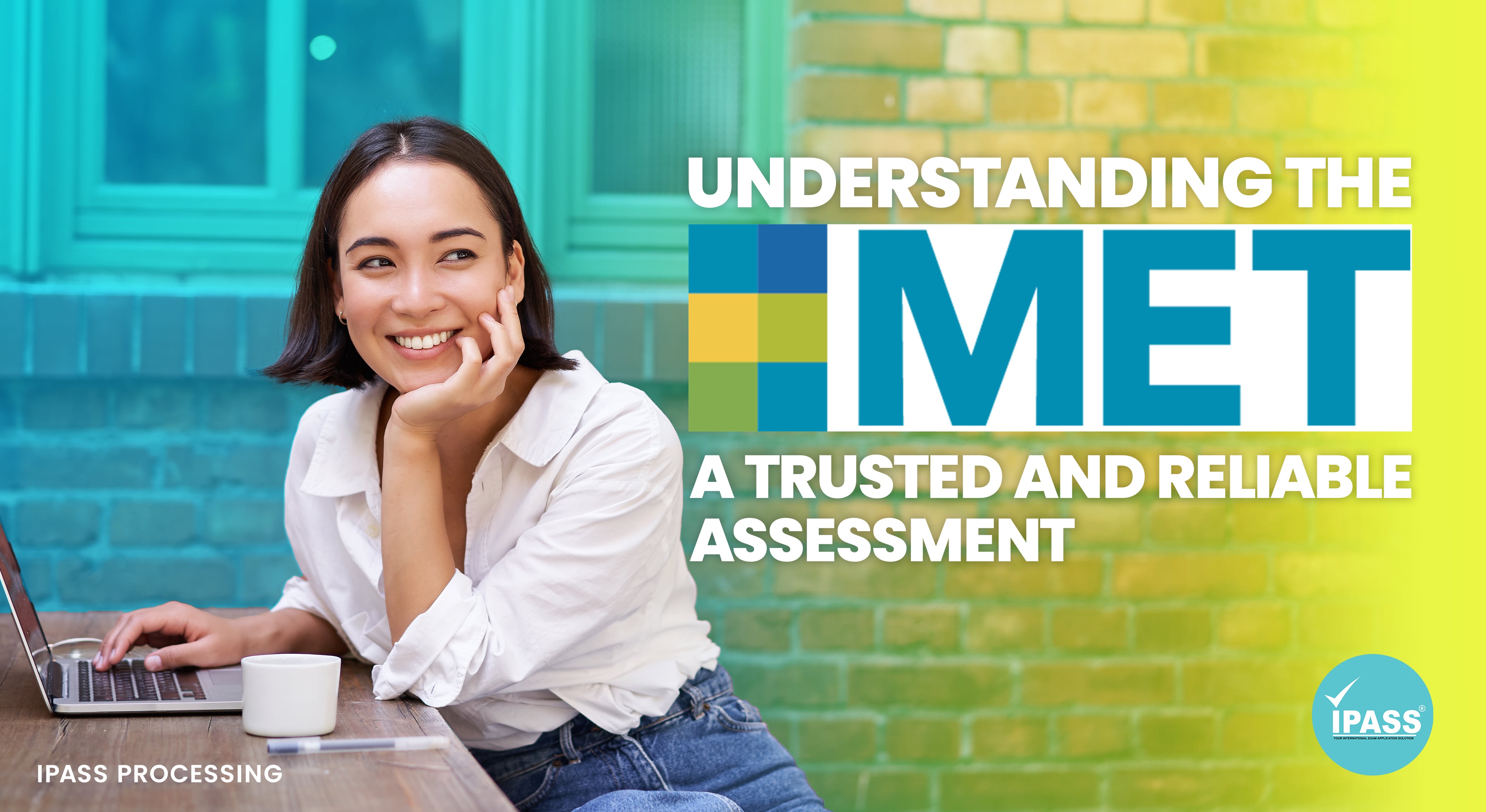


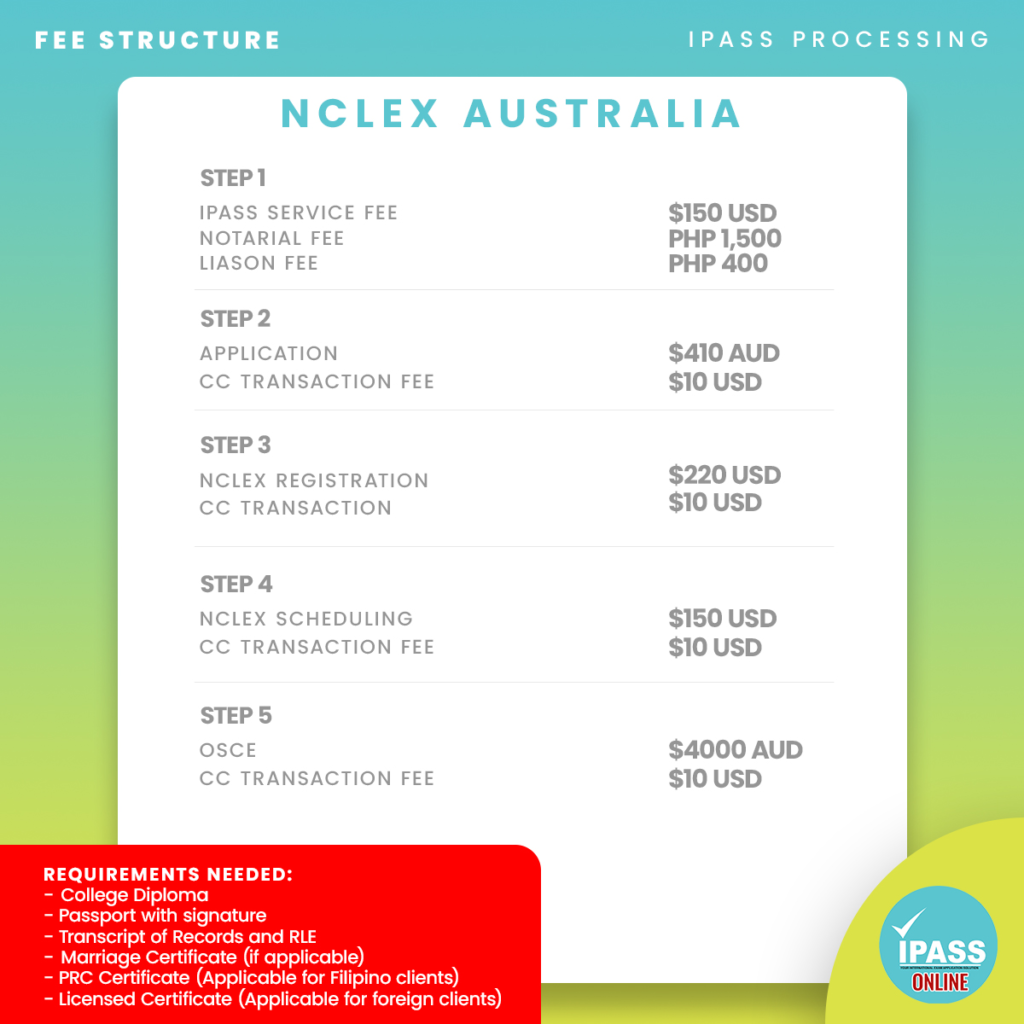
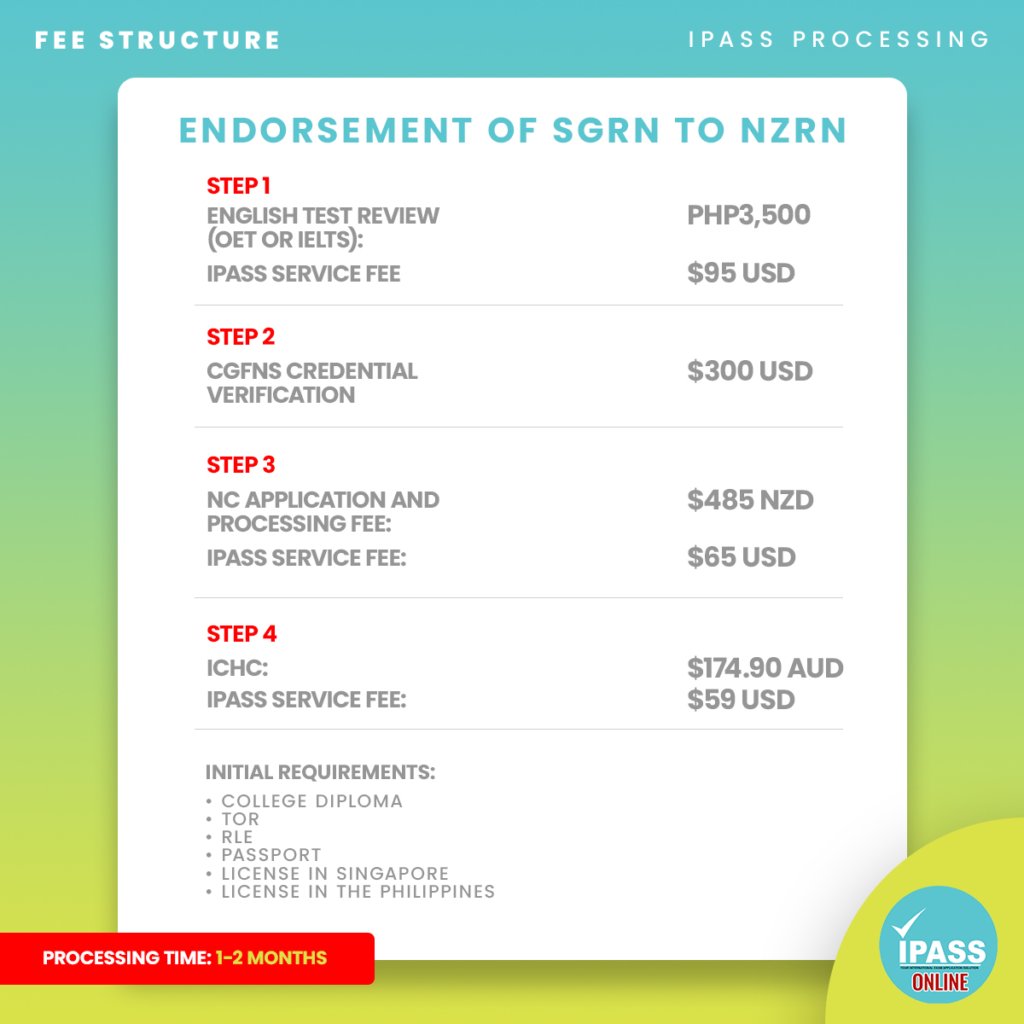
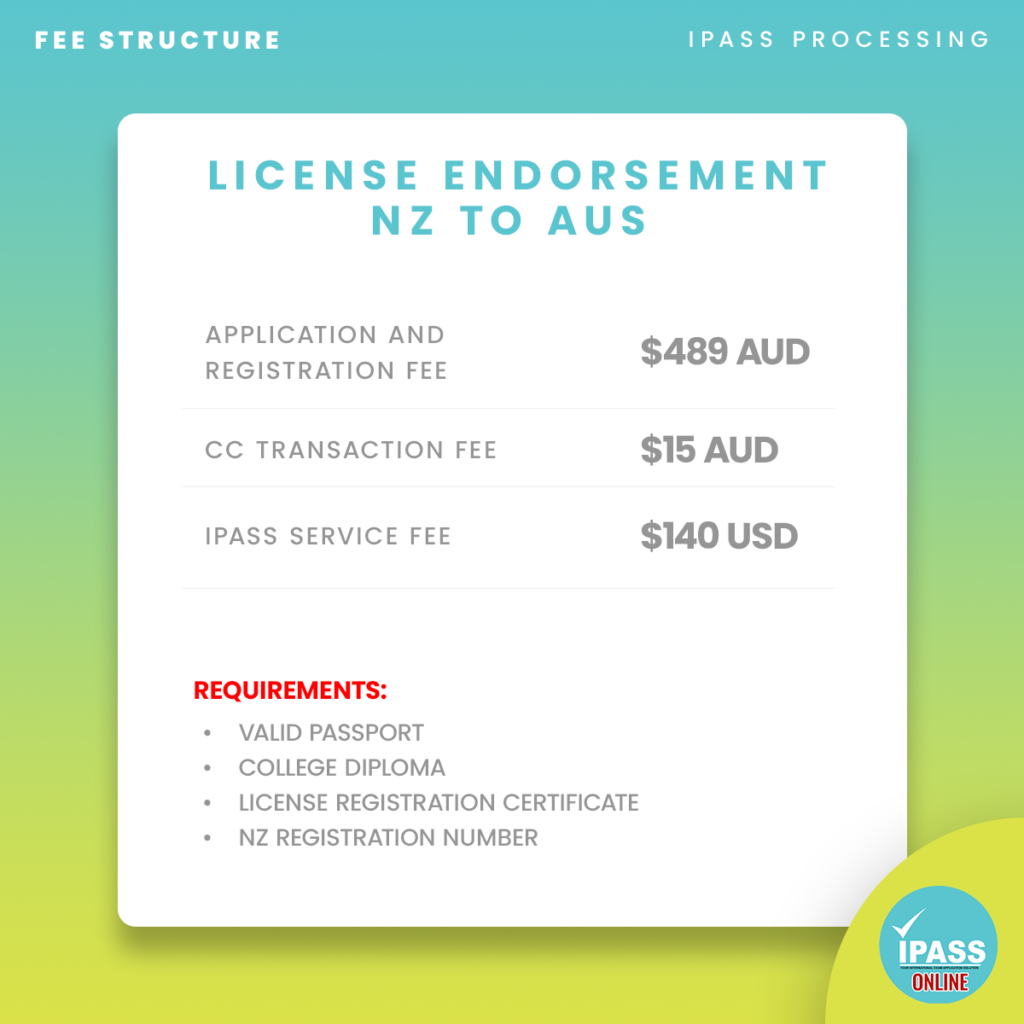
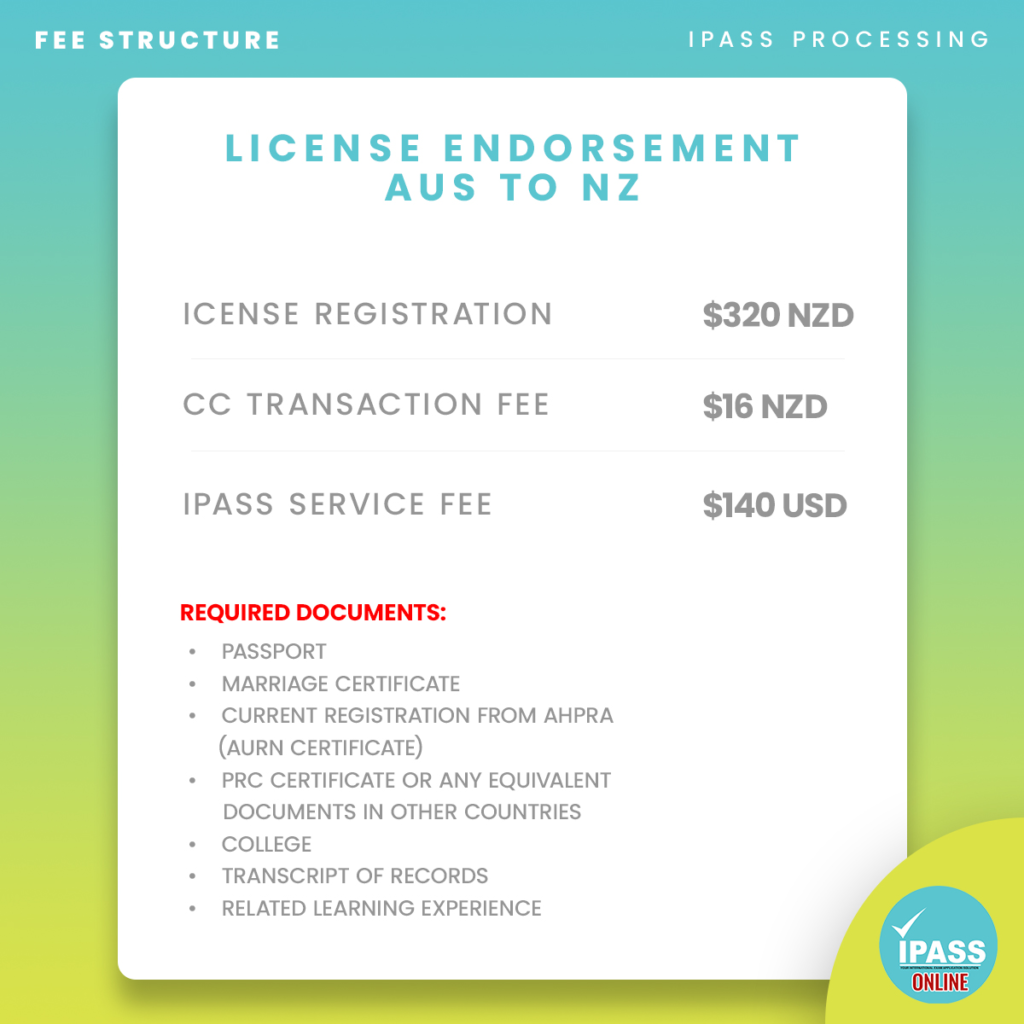
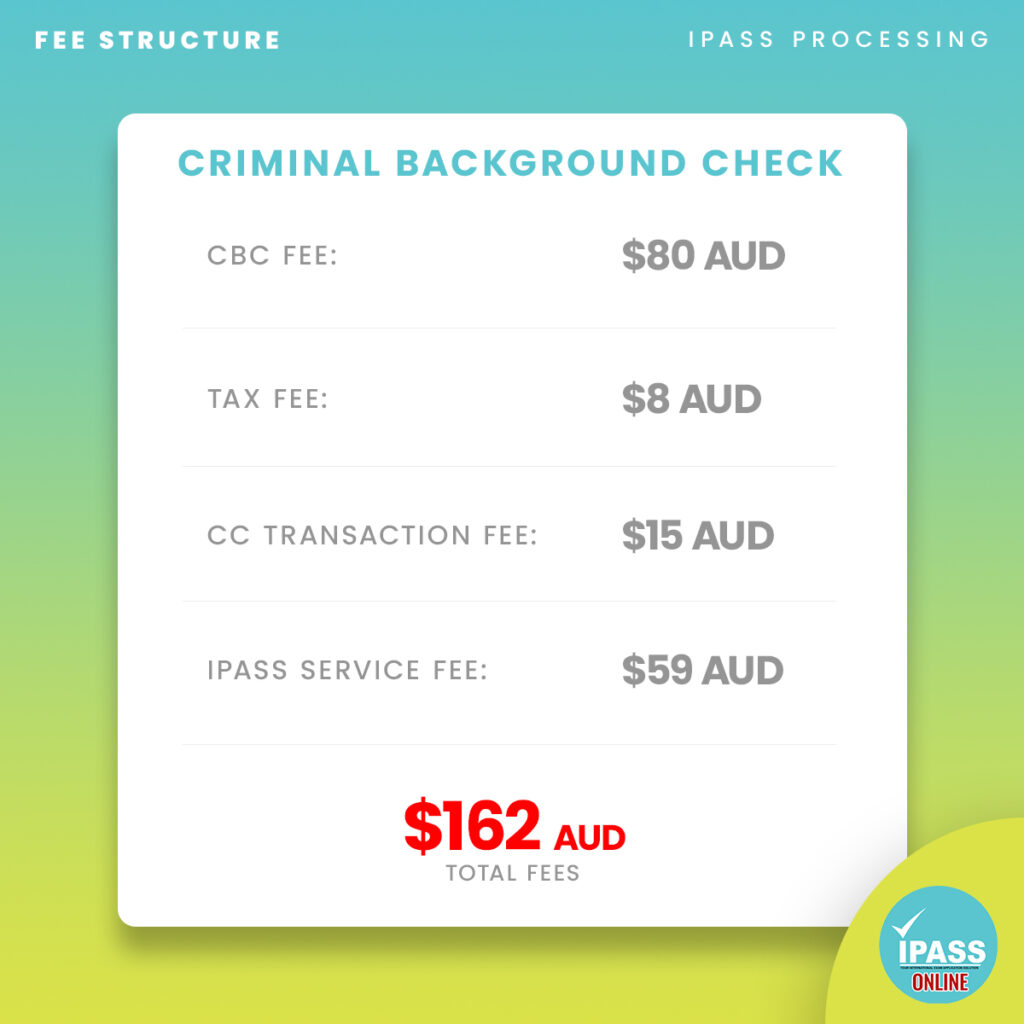


No Comments